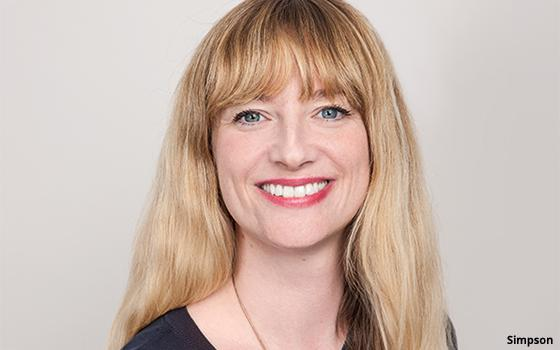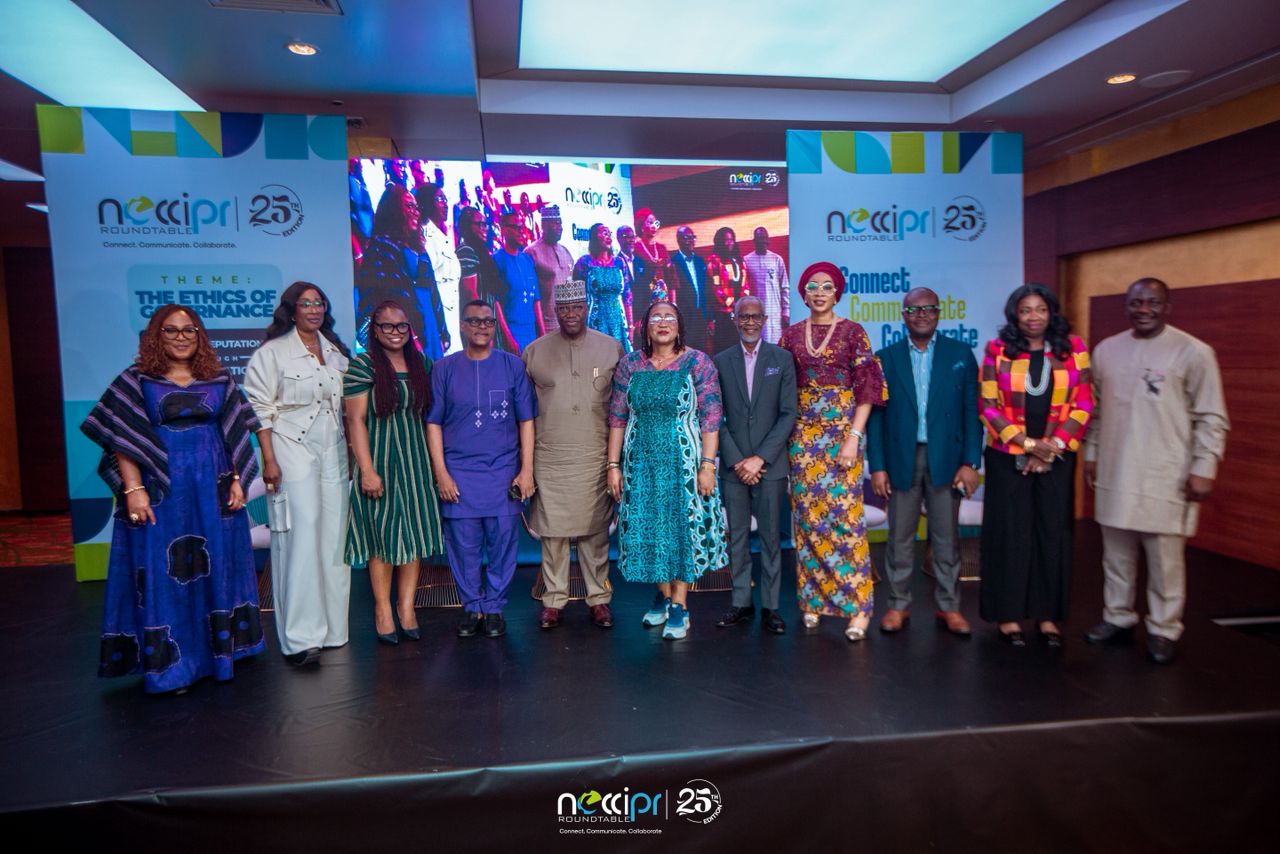Recent indictment of a Nigerian star actress, Mrs. Funke Akindele-Bello by the Lagos State government over flouting of its lockdown order by throwing a house party in celebration of her husband’s birthday has elicited discordant tunes amongst marketers across various market segments on the desirability or otherwise of brand celebrity endorsements in brand equity building and management.
Specifically, marketers in the Nigerian marketing and advertising landscape are presently worried over the continued relevance of the age-old marketing initiative of using known celebrities to promote their brands given the susceptibility of these category of Nigerians to scandals and misbehaviours that may negatively rub off on their brands in the course of such engagements, thereby jeopardising the brands’ over-riding marketing objectives.
It will be recalled that Mrs. Akindele -Bello and her hubby, Abdulrasheed-Bello were charged and convicted for flouting the “Lagos State government lockdown order” enacted as part of measures aimed at containing the continued spread of the Coronavirus, popularly called COVID-19 pandemic in the state. The Nollywood comedy star’s arrest, subsequent conviction, payment of a fine of one hundred thousand naira in addition to a sentence of 14 days of public service and quarantine for 14 days alongside her hubby came against the background of her earlier appointment as a brand ambassador for the ‘Stay Home Campaign’.
News about the party and the celebrated trial and conviction has caused unprecedented outrage among Nigerians who said her actions were grossly irresponsible and condemnable as they violated the movement restrictions put in place by the state government to curb the spread of Coronavirus in the metropolitan city, which is home to no fewer than 20 million Nigerians.
The celebrity was also called out for hypocrisy as she was one of the many celebrities who advised people to stay at home in a campaign by Dettol Nigeria to raise awareness about proper hygiene and social distancing.
Flagging off a fresh conversation on this saga, Marketing Director, Electricals Africa at HPZ, PZ Cussons Nigeria Plc, Mrs. Bukky Bandele commented on her LinkedIn page: “It is time for the Nigerian marketers to decide whether they should continue to use celebrities as the face of their brands with the recent saga of the Nollywood star”, pointing out “very soon, all the brands she endorsed would start disowning her.
Explaining further, she wrote: Dear Marketing Gurus, I am aware of a brand that was about contacting Funke Akindele to be their ambassador before the pandemic. Imagine the years of work put in to build a brand and now this. Very soon, all the brands she endorsed would start disowning her. Will you recommend her today as an endorser? Do we still continue using celebrities as the face of our brands? ”
Almost instantaneously, Bandele’s charge and poser drew a preponderance of views and responses from renowned marketers, communication experts and advertising specialists who were sharply divided in their positions and perceptions.
Commenting on the poser, Communications Consultant and former Acting Managing Director of Rosabel Advertising, Mr. Biodun Adefioye said:”My perception over time has been that, it is the stock-in-trade of ‘lazy’ brand managers to solely anchor their brand building endeavours on celebrity endorsement. Experience has proved that a brand can be built into a cult-fellowship status, not necessarily by using celebrity endorsement but by finding the real connection between the brand and its core users. I, therefore, see celebrity endorsement as attempting to cut corners, when its backlashes arise {like in the case under reference}, the brand owners cum managers should learn to carry their own cross. Simplicita!”
In his own contribution, Sales and Marketing Manager, Prodigy Advertising Ltd, Mr. Emmanuel Kufre Walter said: “It is just the uproar on social media. She said everyone at the party stays within the estate and I am sure nobody will want to endanger other people’s health if they know it is a risk. That said, celebrity endorsement in Nigeria is not like in the Western world; whatever misgivings a certain celebrity might have had does not necessarily affect the brand sales. Tuface endorsed Guinness smooth years back and it was at the height of his many troubles with ladies, but it did not affect the brand. If the brands disown or disassociate themselves from FA, it will be because of social media mention/bad press but this will not affect sales.”
Expressing a slightly divergent view, Group Managing Director at Republicom Group, Mr. Tunji Adeyinka believes it is about time professionalism was considered more than ever before.
His words: “If you are a brand that jumps on the bandwagon, then it is easy to lose out at times like this. Strong brands invest across cycles. So, if you are an Olympic sponsor or UEFA sponsor, you may be saying you have lost a lot due to the postponement but the truth is that whatever you are losing in this cycle you will make it up in the next.
“If you use brand ambassadors as ‘me-too’ strategy, you will run away once there is a problem and you will have your fingers burnt. But if you understand what you are doing, in the long run, you will not run away. Ask brands like Nike the reason they did not throw Tiger Woods to the dogs when he had a problem? Because they understood what they were doing in the long term.”
However, commenting in favour of celebrity endorsement, Sales and Marketing Specialist, Mrs. Oluwakemi Martins wrote: “Celebrity endorsements sell products; the potential positive effects on product sales cannot be understated. Also know that not all brands subscribe to celebrity endorsement theory. I feel brands will keep using celebrities because people idolize them.
“So when famous people are seen in advertisements promoting a new product, audiences are prompted to buy that product, either subliminally or directly. Celebrities give a brand a boost, visibility and keep brands at the top of consumers’ mind. They also help connect with consumers faster than usual.”






Comment
No comments found.